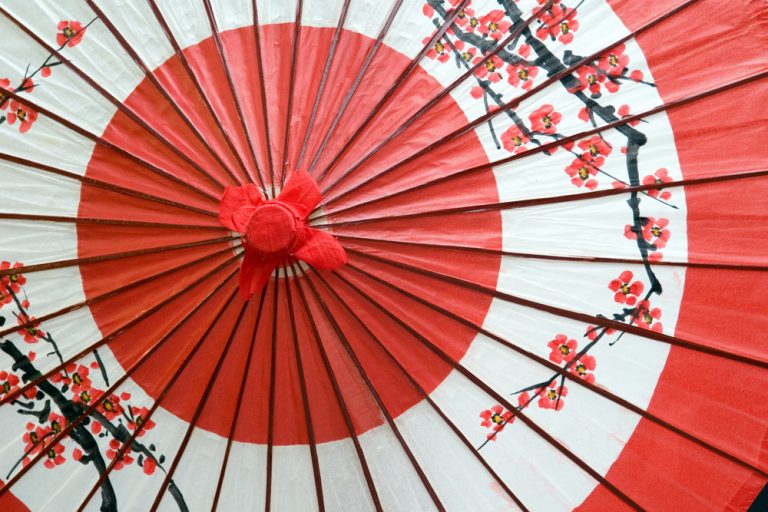Anecdote 7: カラフルなドレス (The Colourful Dress)
赤いドレスを着て見た。でも、思ったほど綺麗じゃなかった。もっと明るい色がよかったなあ。
店員さんに「青いドレスの方が赤いドレスより似合うでしょう?」と聞いた。でも、店員さんは「どっちも素敵ですよ!」と言った。
試着室で黄色いドレスに着替えたら、ぴったりだった!しかも、この色が一番好き!結局、黄色いドレスにしてよかった!
Grammar Used:
- 思ったほど~ない (Not as ~ as I thought)
- ~の方が~より (Comparing two things)
- ~たら (When, if)
- ~にしてよかった (I’m glad I chose ~)
- のが好き (Like doing ~ (expresses preference for an action).)
思ったほど~ない
Meaning: This grammar is used to express that something is not as much as expected based on previous assumptions.
Formation:
- 思ったほど + Adjective (ない-form) → “Not as ~ as I thought”
- 思ったほど + Verb (ない-form) → “Didn’t ~ as much as I thought”
Examples:
この映画は思ったほど面白くなかった。
(The movie was not as interesting as I thought.)
宿題は思ったほど難しくなかった。
(The homework was not as difficult as I thought.)
Sentence from Anecdote:
❝思ったほど綺麗じゃなかった。❞
(It wasn’t as pretty as I thought.)
Key Notes:
- This grammar contrasts expectation with reality.
- It is always used with negative forms (じゃない, くない, なかった).
- ほど can also mean “to the extent,” but in this case, it means “as much as.”
~の方が~より
Meaning: This structure is used to compare two things and express which is better, more suitable, or preferred.
Formation:
- A の方が B より + Adjective → “A is more ~ than B”
- B より A の方が + Adjective → “A is more ~ than B”(Word order reversed)
Examples:
猫の方が犬より静かです。
(Cats are quieter than dogs.)
日本語より英語の方が簡単だと思う。
(I think English is easier than Japanese.)
Sentence from Anecdote:
❝青いドレスの方が赤いドレスより似合うでしょう?❞
(The blue dress suits me more than the red one, right?)
Notes:
- の方が marks the preferred or superior choice.
- より introduces the item being compared.
- The order can be reversed (A の方が B より = B より A の方が).
- でしょう? was added at the end in the anecdote to seek agreement.
~たら
Meaning: This grammar structure means “if” or “when” something happens. The meaning changes depending on context:
- If (hypothetical condition)
- When (natural sequence of events)
Formation:
- Verb (た-form) + ら → “If/When ~”
- Adjective (い → かったら) / (な → だったら) → “If ~”
- Noun + だったら → “If ~”
Examples:
雨が降ったら、出かけません。
(If it rains, I won’t go out.)
このボタンを押したら、ドアが開きます。
(If you press this button, the door will open.)
Sentence from Anecdote:
❝試着室で黄色いのドレスに着替えたら、ぴったりだった!❞
(When I changed into the yellow dress in the fitting room, it was perfect!)
Notes:
- ~たら is commonly used in real-life conditional situations.
- If the result is natural, it means “when” rather than “if.”
- In this anecdote, changing into the yellow dress led to the realization that it fit perfectly (natural sequence).
~にしてよかった
Meaning: Used to express satisfaction or relief about a decision made.
Formation:
- Noun + にしてよかった → “I’m glad I chose ~”
- Verb (て-form) + よかった → “I’m glad I did ~”
Examples:
この大学にしてよかった。
(I’m glad I chose this university.)
日本へ行ってよかった。
(I’m glad I went to Japan.)
Sentence from Anecdote:
❝黄色いドレスにしてよかった。❞
(I’m glad I chose this dress in yellow colour.)
Key Notes:
- にしてよかった is used only for choices.
- If talking about actions instead of choices, てよかった is used instead.
のが好き
Meaning: Like doing ~ / Like something (Expresses preference for an action or thing)
Formation:
- Verb (dictionary form) + のが好き → Like doing (an action)
- Noun + のが好き → Like something (with an implied subject)
Examples:
日本語を勉強するのが好きです。
(I like studying Japanese.)
音楽を聞くのが好き。
(I like listening to music.)
犬の方が猫より好き!
(I like dogs more than cats!)
Sentence from Anecdote:
❝ しかも、この色が一番好き!❞
(Moreover, I like this colour the most!)
Note:
- の turns the verb into a noun-like phrase, allowing it to be described with 好き.
- Often used in casual and formal speech when talking about preferences.

